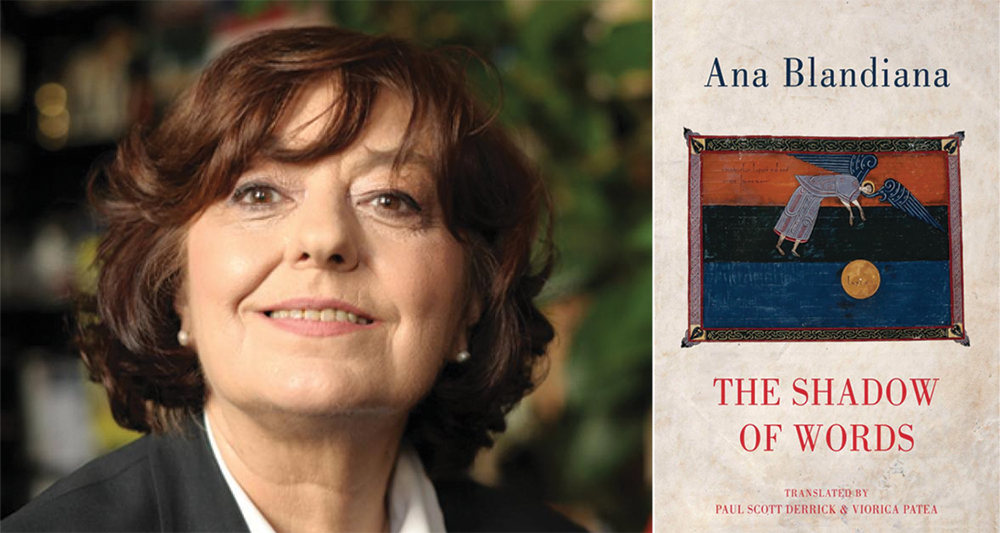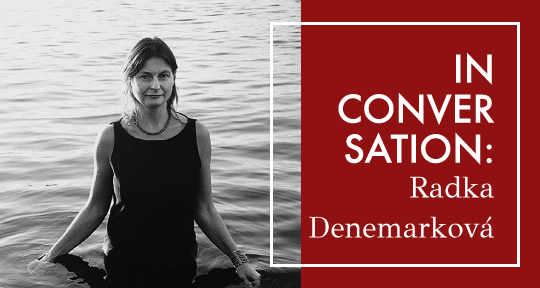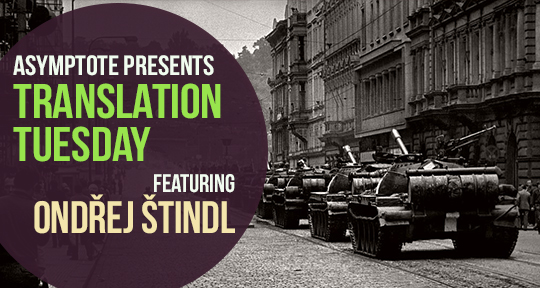The Shadow of Words by Ana Blandiana, translated from the Romanian by Paul Scott Derrick and Viorica Patea, Bloodaxe Books, 2025
Before entering into Ana Blandiana’s The Shadow of Words, a compilation of the lauded poet’s early work, my first task must be to praise the lengthy introduction by the collection’s translators, Paul Scott Derrick and Viorica Patea, in which they give a superbly lucid account of the intricate shifts in the poet’s sensibility in these beginning years, from 1964 to 1981. The overarching theme, they ascertain, is the various ways that Blandiana stages relations between the joys of intimate life and the political order that threatens them. It is fascinating how these poems elaborate variations on those attitudes.
A poet familiar with the realities of social life. Blandiana was banned from publishing in her native Romania at only seventeen years old, and prohibited from going to university because her father, an orthodox priest, was considered a political prisoner by the communist regime—leaving her labelled as “an enemy of the people.” Later in life, her rebellions against the Ceauşescu dictatorship led to further prohibitions against publication in 1985 and in 1988, with the latter lasting until the revolution of 1989. Such political and literary efforts have since led to her becoming a legendary figure in Romania, often seen as a Joan of Arc or a modern Cassandra—while in her literary oeuvre, she is comparable to writers like Vaclav Havel and Anna Akhmatova, whose work has become symbolic of a collective destiny.




